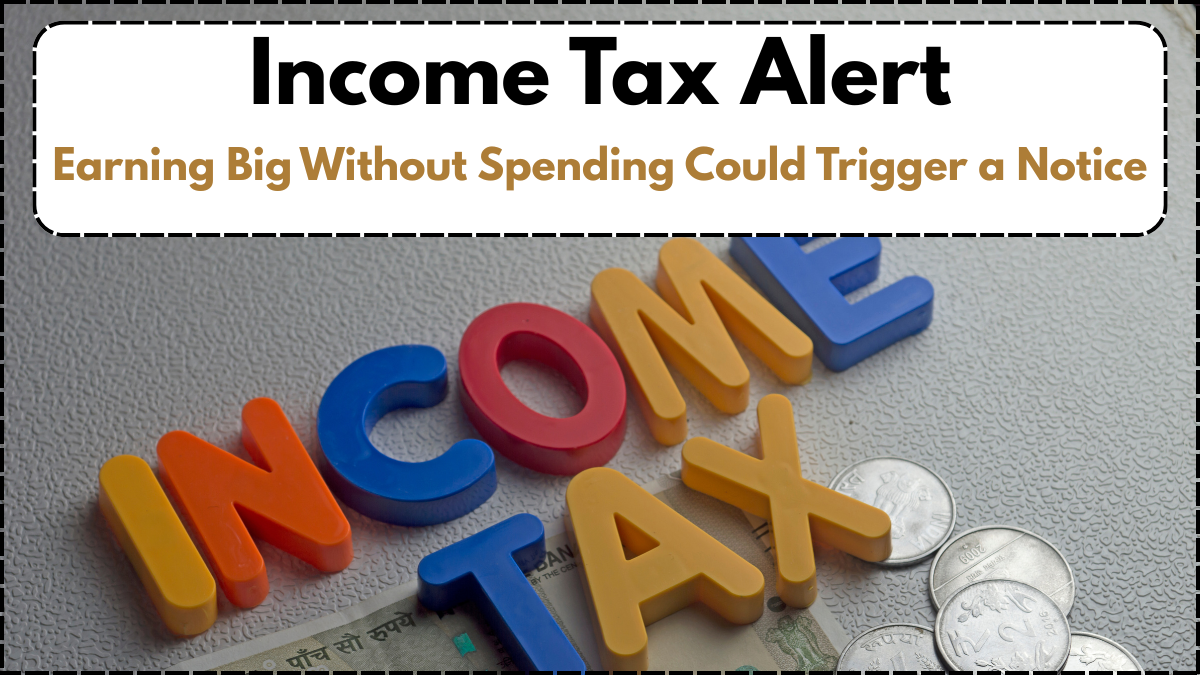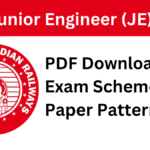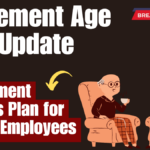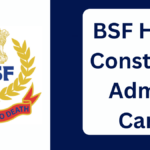As of April 2025, individuals showing high income but minimal or no declared spending are under closer scrutiny by the Income Tax Department. The department has intensified efforts to investigate discrepancies between declared income and actual lifestyle choices. If you’re living luxuriously without a corresponding record of expenses, be prepared to answer detailed questions.
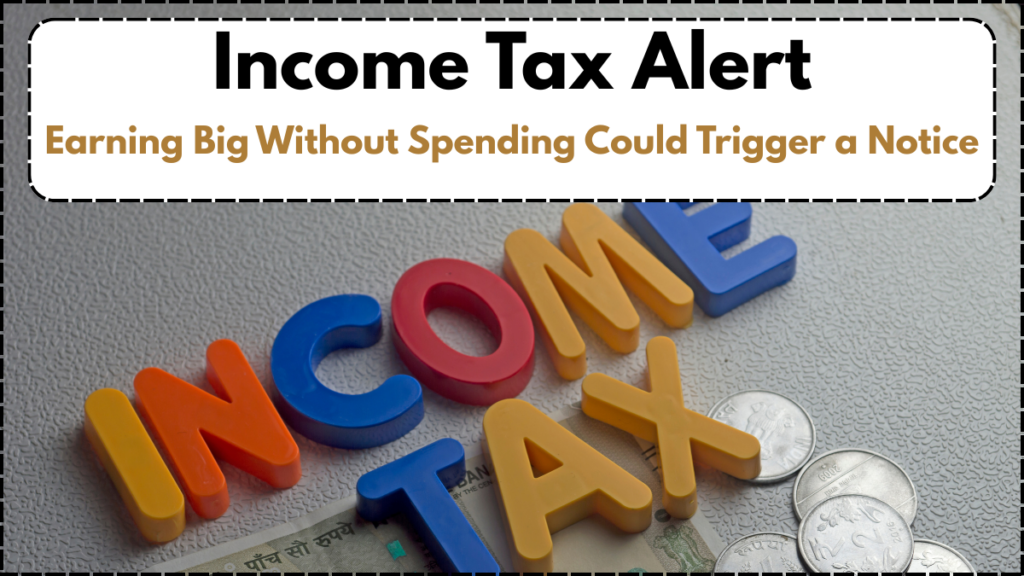
Why the IT Department Is Asking About Your Lifestyle
The department is focusing on cases where individuals report significant income yet show negligible bank withdrawals or official expenses. To uncover potentially undeclared income or tax evasion, officials are issuing notices requesting information about:
- Type and brand of shoes worn
- Frequency and cost of salon visits
- Dining habits and preferred restaurants
- Household expenditure such as grocery bills, electricity, and gas usage
- Cosmetics and personal care items
This initiative forms part of a broader effort to use data analytics and artificial intelligence in tax assessments. It helps the government detect hidden sources of income and unreported cash transactions.
The Role of Faceless Assessment in 2025
The inquiries are part of the faceless assessment system that aims to streamline income tax evaluation while maintaining anonymity. This process minimizes physical interaction and subjective judgments, enhancing transparency and accountability. Notices are usually issued only when a clear mismatch is observed between the taxpayer’s lifestyle and their declared financial behavior.
When Are These Notices Issued?
These lifestyle-related inquiries are not sent out arbitrarily. The department typically initiates them in cases involving:
- High net-worth individuals (HNIs)
- Large cash transactions not reflected in income tax returns (ITRs)
- Significant lifestyle expenses with minimal recorded bank activity
Such notices are usually supported by data collected from multiple sources, including:
- Credit card statements
- Social media activity
- Real estate transactions
- High-value purchases
The table below summarizes the key areas the IT department may investigate:
| Expense Category | Examples | Purpose of Inquiry |
|---|---|---|
| Fashion & Footwear | Designer shoes, branded apparel | Verify lifestyle spending |
| Personal Grooming | Salons, spas, cosmetic purchases | Track routine personal care costs |
| Dining & Hospitality | Luxury restaurants, hotel stays | Assess regularity and value of dine-outs |
| Utilities & Groceries | Electricity, gas, grocery bills | Confirm household maintenance expenses |
| Transactions & Withdrawals | Bank activity, cash usage | Identify undeclared income or hidden cash flows |
The Purpose Behind the Scrutiny
This intensified surveillance aligns with the Indian government’s ongoing drive to curb tax evasion. By cross-verifying lifestyle choices with recorded expenditures, the IT department aims to:
- Detect hidden income sources
- Reduce the use of black money
- Increase accountability among high-income earners
- Close loopholes in the tax collection system
How to Respond if You Receive a Notice
If you receive such a notice, don’t panic. The first step is to:
- Review the notice carefully for details like DIN (Document Identification Number), PAN, and Assessment Year.
- Collect supporting documents such as receipts, bills, and bank statements.
- Respond within the specified deadline to avoid further scrutiny.
- Consult a certified tax advisor if the case seems complex or if you’re unsure how to proceed.
Conclusion
In 2025, the Income Tax Department’s approach to identifying mismatches between declared income and actual lifestyle is more data-driven than ever. If your spending habits don’t align with your official financial records, be prepared for in-depth questions. The best defense is transparency and maintaining clear records of all income and expenses.
FAQs
What triggers such IT notices in 2025?
A significant mismatch between declared income and observable lifestyle choices can prompt these notices. This includes large purchases, lavish living, or cash-heavy transactions that don’t reflect in your ITR.
Are these notices sent to everyone with high income?
No. Only select individuals where red flags are detected through analytics, such as minimal withdrawals but extravagant lifestyles, are targeted.
What documents should I keep ready to respond?
Maintain records of bills, salon receipts, dining invoices, utility bills, and bank statements to justify your lifestyle expenses.
Can I get help if I receive a notice?
Yes. It’s advisable to consult a tax professional who can guide you on how to structure your response and avoid potential penalties.
What is a faceless assessment?
Faceless assessment is a digital procedure where income tax assessments are done online without personal interaction, increasing objectivity and reducing bias.
For More Information Click Here
Pari is a passionate writer known for captivating stories that blend imagination and reality. Inspired by travel, history, and everyday moments, Pari crafts narratives that resonate deeply with readers.
